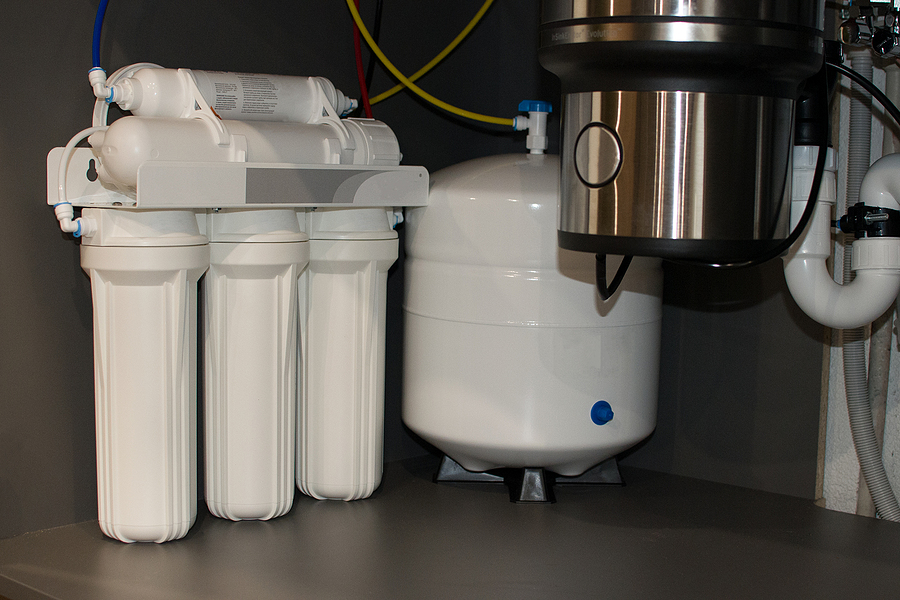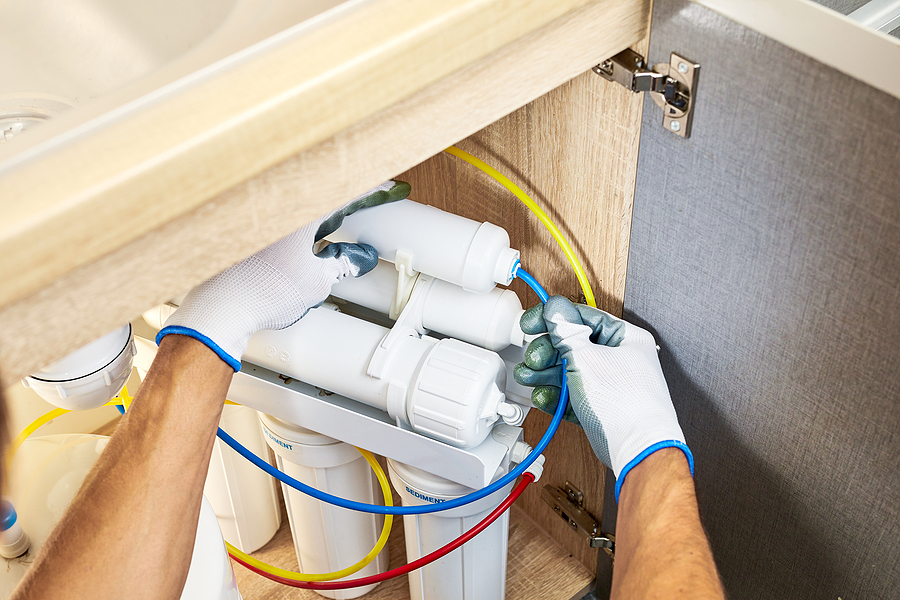When it comes to the water you use every day, quality matters. Water conditioning systems play a vital role in ensuring that the water in your home is clean, safe, and efficient for all your needs. If you have hard water, bad smells, or possible contaminants, knowing your options can help you find the best solution for your home. Here’s everything homeowners need to know about these systems.
What Are Water Conditioning Systems?

Water conditioning systems utilize advanced technologies to enhance water quality by addressing various issues. These systems are made to remove minerals like calcium and magnesium. These minerals cause hard water. They also reduce scale buildup in pipes and appliances. The systems neutralize bad odors and tastes from impurities. They help improve the overall efficiency of plumbing systems. Common types of systems are water softeners, water conditioners, and salt-free water softeners. Each type has unique features and benefits. They help solve specific water quality issues.
How Do Water Softening Systems Work?
Water softening systems are designed to tackle hard water by removing calcium and magnesium through a process called ion exchange. Here’s how they function:
- Ion Exchange: Water flows through a tank filled with resin beads. These beads are coated with sodium ions, which swap places with the hard water minerals, effectively removing them.
- Regeneration Cycle: Over time, the resin beads become saturated with calcium and magnesium. The system then undergoes a regeneration process using a brine solution to recharge the beads.
- Soft Water Supply: After regeneration, the system keeps providing your home with softened water. This helps stop scale buildup and improves water quality.
What Are Water Conditioners?
Water softeners remove hard water minerals. Water conditioners change the chemical properties of water. This helps reduce scaling and improve performance. These systems use new technologies like Template-Assisted Crystallization (TAC). This process changes hard minerals into tiny crystals. These crystals stay suspended in water instead of sticking to surfaces. Carbon filtration is another method, effectively removing chlorine, odors, and impurities that impact taste and smell. Additionally, magnetic or electronic descalers use electromagnetic fields to minimize scale buildup in pipes. For homeowners seeking a salt-free solution, water conditioners offer an excellent alternative.
Benefits of Installing a New System

Investing in a water system offers numerous advantages for your home and lifestyle:
- Improved Appliance Longevity: Hard water can cause scale buildup in dishwashers, washing machines, and water heaters. Conditioning systems help extend their lifespan.
- Better Water Efficiency: Softened water flows more freely through pipes, reducing energy consumption.
- Healthier Skin and Hair: Hard water can leave a residue that dries out your skin and hair. Softened water provides a gentler alternative.
- Cleaner Dishes and Laundry: Softened water improves the performance of soaps and detergents, resulting in spotless dishes and softer clothing.
Types of Water Conditioning Systems
When selecting a system, it’s important to explore the available options to determine what best fits your needs. Traditional water softeners are a popular choice for homes with significant hard water issues. These systems use salt-based ion exchange to effectively remove minerals like calcium and magnesium but require regular maintenance, including salt refills and resin bead regeneration. For those seeking an eco-friendly alternative, salt-free water conditioners are a great option. They use technologies like Template-Assisted Crystallization (TAC) and carbon filtration. These methods reduce scale without adding salt to the water. This makes them low-maintenance and good for the environment.
Other options include whole-house filtration systems and reverse osmosis systems, both of which address broader water quality concerns. Whole-house filtration systems are made to remove problems like chlorine, sediment, and other contaminants. They often work together with water softeners for complete treatment. Reverse osmosis systems offer advanced filtration for drinking water. They can remove up to 99% of contaminants. These systems are usually placed at individual faucets. They provide purified water whenever needed. This makes it a convenient and effective way to get clean drinking water.
How to Choose the Right System for Your Home
Consulting with experts ensures you get tailored recommendations for your home’s unique water conditioning needs. Selecting the best system for your family depends on several factors:
- Water Quality Testing: Start with a professional water test to identify issues like hardness, chlorine levels, or contaminants.
- Household Needs: Consider the size of your household, daily water usage, and specific concerns, such as hard water or unpleasant odors.
- Maintenance Requirements: Evaluate the upkeep involved, including salt refills or filter replacements.
- Budget: Determine your budget for upfront installation costs and ongoing maintenance expenses.
At Evergreen Plumbing, we focus on high-quality water conditioning systems. These systems improve your home’s water quality and efficiency. With years of experience, our team is dedicated to helping homeowners find the perfect solution for their needs. If you want water softeners, salt-free systems, or whole-house filters, we are here to help you.